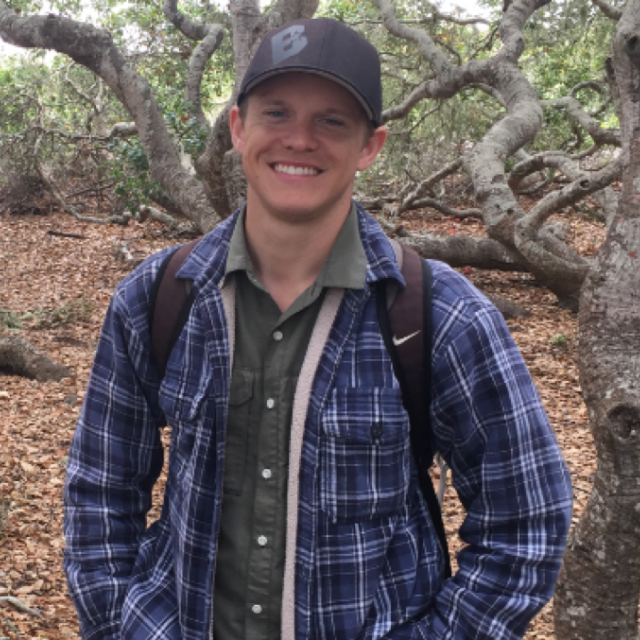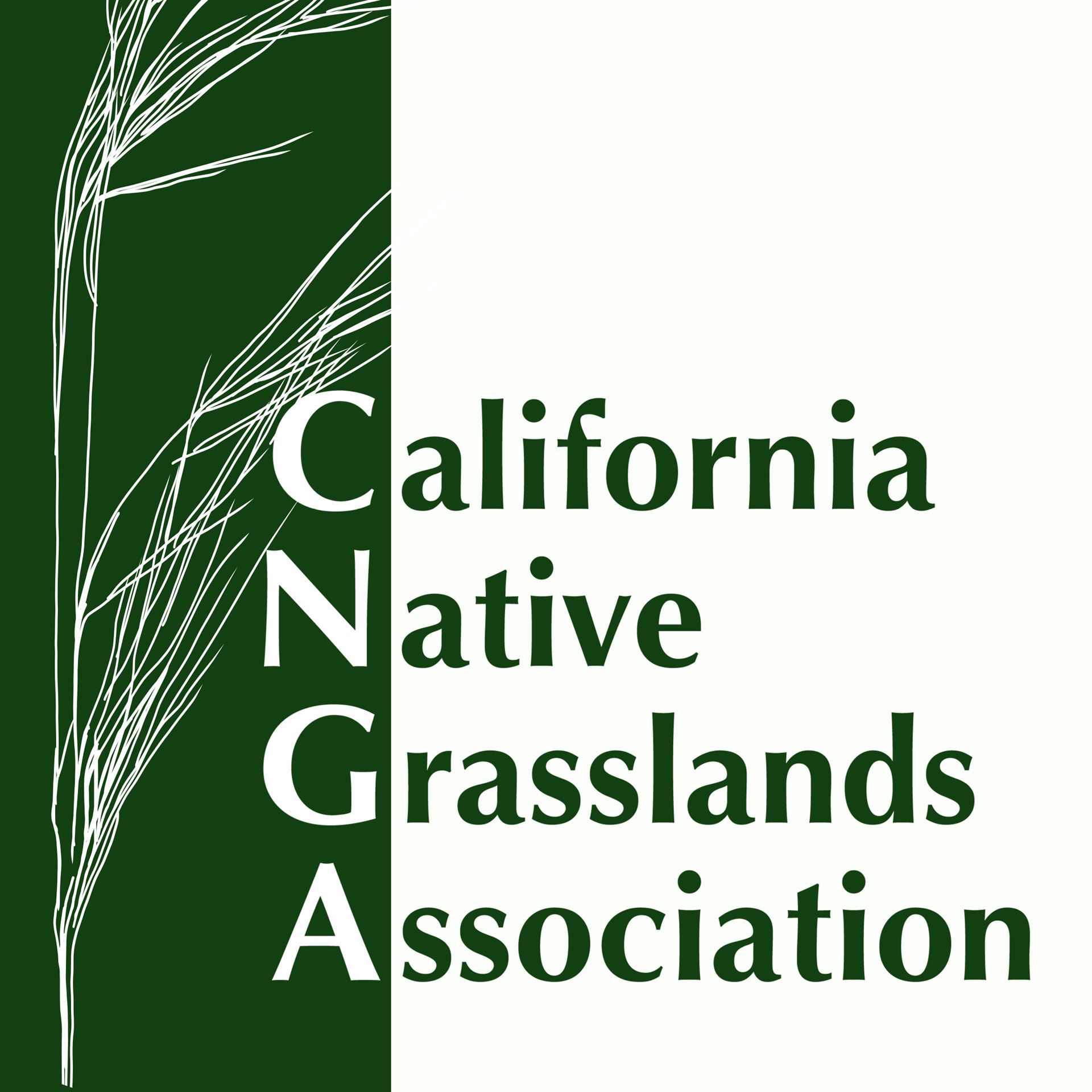California Native Grassland Association GRASS Award Speaker Series
Join us for the CNGA’s virtual speaker series which showcases the amazing work undertaken in California Grasslands by a few of our 2021 Grassland Research Awards for Student Scholarship Winners.
Talks are on Tuesdays from 7 PM - 8 PM PST featuring one 40-minute talk, or two 20-minute talks, with time for Q&A.
Members: Free Non-Members: $10 Non-Member Students: Free with Student ID
October 4, 7 pm – Robert Fitch, UCSB
Robert Fitch, UCSB
Simulated Grazing and Prescribed Fire to Control Common Weeds
Abstract:
Prescribed fires must generate hot enough temperatures to kill the seeds of target weed species. However, prescribed burning is not always effective, public concerns remain regarding the use of fire as a management tool, and there are unresolved ecological impacts involving soil heating. Variation in grazing intensity alters the amount of biomass on the landscape providing an opportunity to measure temperatures of fires across different fuel loads. In order to relate fuel load to fire temperature a prescribed burn was conducted at the University of California Natural Reserve, Sedgwick. Vegetation strips were treated with one of four grazing treatments using a tractor-mower: heavy, medium, light, and un-grazed. To measure fire temperature, metal tags were painted with a series of temperature sensitive paints. Soil cores were taken before and after the burn to measure seed bank density. The prescribed burn was not effective at controlling non-native annual grasses. Grazing lead to lower fire temperatures, and burning slightly enhanced germination. The strips without grazing were capable of producing hot enough temperatures to slightly reduce germination of non-native annual grasses. Managers can use data like these to predict fire temperatures based on fuel loads when planning prescribed burns.
BIO:
Robert Fitch is a fifth year PhD student studying how native plants can be used to meet wildfire management goals and promote native ecosystem services. He works with the US Forest Service and hopes to continue to make similar partnerships throughout his career linking the applied world with academia. His interests span restoration, invasive species management, and wildfire ecology. He has had the privilege of studying plant ecology across Southern California as well as Hawaiian dry forests restoring rare and endangered plant species. He decided to pursue his doctorate because Robert is passionate about applying scientific theory and principles to solve real world problems. His goal is to have his own restoration ecology lab at a California state university where Robert can engage with research and teach undergraduates.
Contact Justin Luong (jluong4@ucsc.edu) with any questions.
GRASS Speaker Series Schedule (Tuesdays 7PM PST, Sept 20 – Dec 6, 2022)
Oct 11 – NO SEMINAR
Oct 18 – NO SEMINAR (CNPS CONFERENCE)
Oct 25 – Roisin (Rosie) Murphy-Deák (Cal Poly SLO)
Nov 1 – Leila Wahab (UCM)
Nov 8 – Nora Bales (Cal Poly SLO)
Nov 15 – Rebecca Nelson (UCD)
Nov 22 – NO SEMINAR (THANKSGIVING WEEK)
Nov 29 – NO SEMINAR
Dec 6 – Ernesto Chavez-Velasco (Point Blue) and Landin Nolan (UCD)

